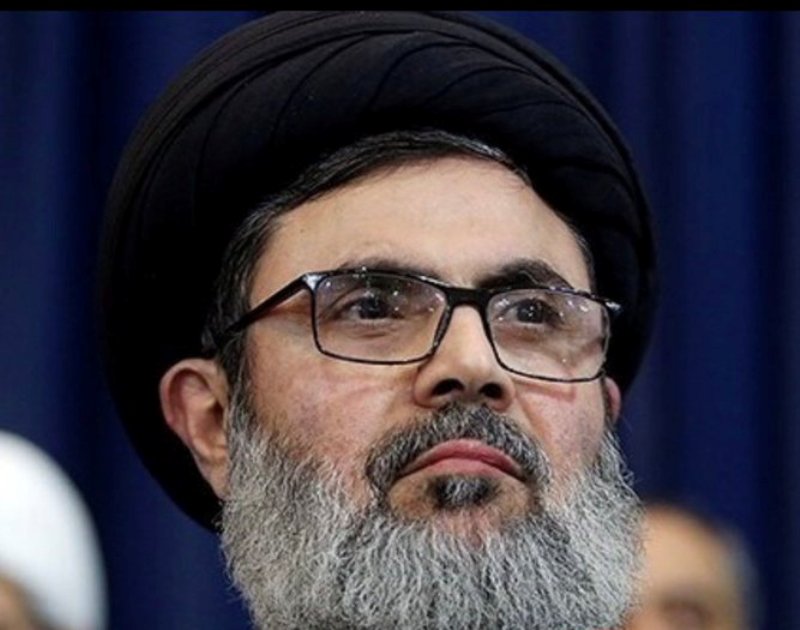
Israel has confirmed the killing of Hezbollah leader Hashem Safieddine, who was presumed to succeed as the chief of the group, during an airstrike in Beirut this month.
He was seen as a successor of slain Hezbollah leader Hassan Nasrallah.
“Hashem Safieddine, Head of the Hezbollah Executive Council and Ali Hussein Hazima, Commander of Hezbollah’s Intelligence Headquarters, were eliminated during a strike on Hezbollah’s main intelligence HQ in Dahieh approx. 3 weeks ago,” Israel Defense Forces said in an X post.
“Hashem Safieddine was a member of the Shura Council, Hezbollah’s most senior military-political forum, responsible for the decision-making and policy-making in the terrorist organization,” the X post said.
Hashem was the cousin of former Hezbollah leader Hassan Nasrallah.
“During times when Nasrallah was absent from Lebanon, Hashem filled in as the Secretary-General of Hezbollah. Throughout the years, Safieddine directed terrorist attacks against the State of Israel and took part in Hezbollah’s central decision-making processes,” IDF said.
IDF said apart from Hashem, Commander of Hezbollah’s Intelligence Headquarters, Ali Hussein Hazima, has been ‘eliminated’.
“He was responsible for directing numerous attacks on IDF soldiers,” IDF said.
Meanwhile, the UN’s top human rights official on Tuesday urged an immediate halt to hostilities in Lebanon following an overnight Israeli airstrike near a major hospital in Beirut that reportedly killed at least 18 people, including four children.
The strike, which hit the densely populated Jnah neighbourhood, also injured 60 people and reportedly damaged the Rafik Hariri University Hospital. At least three buildings located about 50 meters (54 yards) from the hospital are said to have been destroyed.
The hospital, one of Beirut’s key medical facilities, has been receiving large numbers of patients throughout the ongoing conflict.
UN High Commissioner for Human Rights Volker Türk expressed shock at the attack and underscored the urgent need to protect civilians.
“The fundamental principles of international humanitarian law concerning the protection of civilians must be respected,” he said.
“In the conduct of military operations, all feasible precautions must be taken to avoid, and in any event to minimize, incidental loss of civilian life, injury to civilians and damage to civilian objects.”


